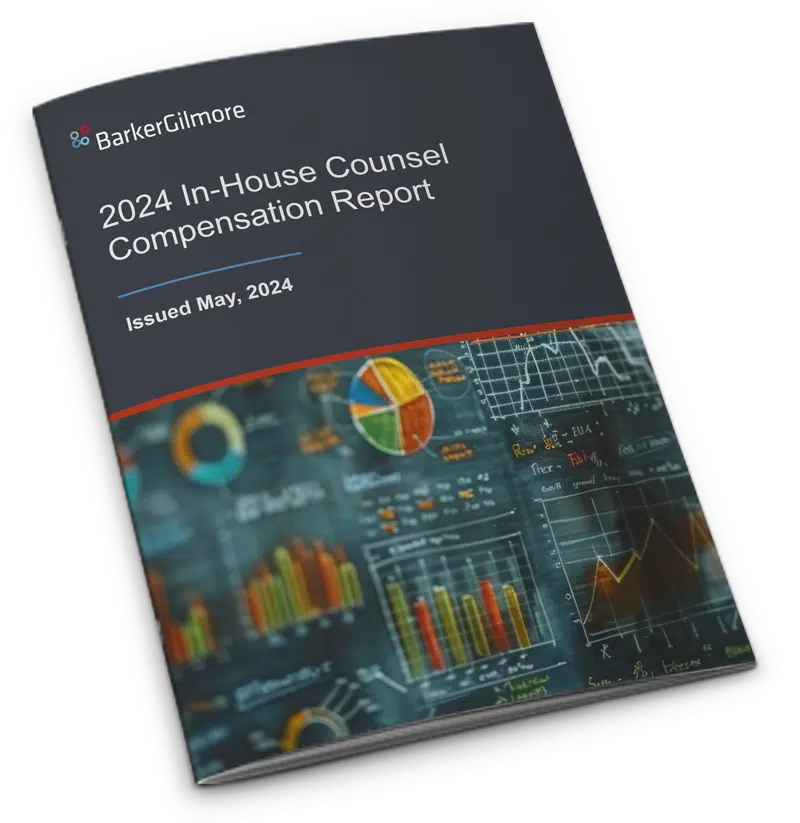Strategic Advisors Ann Harlan, Marla Persky, and Helen Pudlin discuss how COVID-19 is changing the performance review process, the value of frequent check-ins and arranging them in a virtual work world, the performance review as part of the continuing process, and other issues. They also provide practical and useable advice based on their insights and experience.
Below are highlights from the webinar. To learn more, the video recording, slide presentation, and podcast are available on this page.
This has been a year of unprecedented business and personal stress, compounded by the challenges of remote working, which for many includes helping children at home with online education, doing more work with fewer resources, and struggling with a lack of boundaries between home and work life. As a result, the performance review and what you want to accomplish during the process this year is likely to be very different from previous years, but there are still several similarities. Here are steps you can take to make sure that your performance is recognized and rewarded, how to obtain meaningful feedback, and how to agree on future goals.
1. Meet the challenge of the three Ds: distance, distraction, and disinclination.
“COVID-19 has been an excuse as well as a complicating factor for throwing typical performance review activities out the window. But I think that you need to take ownership of the fact that the monkey on your back is to make sure that your manager has been aware of what you’ve been doing above and beyond helping your company survive, and hopefully thrive, during this pandemic.”
— Marla Persky
Since COVID-19 has cast such a big shadow, the executives in the C-Suite, the CEO, and on the board may not have had the time to keep an eye on all of the other things that you have been doing throughout the course of the year. With the many challenges that companies are facing, including financial issues, some are questioning if performance reviews even matter when there are salary freezes, downsizing, and cancelled bonuses. However, these can be dangerous mindsets because we will get past COVID-19, there will be a new normal, and you can still thrive and grow in this unusual environment. Once again, it’s up to you to make your accomplishments visible.
2. Prepare for your performance review like you always do.
Do not do anything differently this year than in years past. Just as in other years, keep a running list of your accomplishments over the course of the year; what you did in February will be a distant memory in November when it comes time to start the evaluation process. The list should measure your accomplishments against your assigned or agreed upon goals. Although we will all get distracted by COVID-19, keep the following in mind:
- Be sure to identify what you did before COVID-19 hit and the “business as usual” work you’ve been doing since it hit.
- Develop an advocacy piece that focuses on your success in adapting to a virtual or alternative work environment.
- Be prepared to address what you’ve accomplished based on your goals, but also highlight how you’ve helped the company and your department adapt to these unprecedented times.
3. Consider your performance review to be part of a continuing conversation, especially this year.
The importance of making your performance review part of an ongoing conversation – so that there are no surprises at the end of the year – is reinforced during the pandemic. In fact, it is more important now than ever, as distractions dominate and virtual workspaces isolate individuals. From a GC perspective, prepare for the feedback you’re going to be receiving from the CEO or whomever you report to by focusing on where you started the year before COVID-19, what you accomplished, and your progress towards your initial goals.
“Even more importantly, highlighting how you creatively shifted the way you work, how your department worked, and how you still met those initial goals will be critical. Identifying the new goals that have come out of the pandemic is also critical. Define for your CEO how you succeeded in shifting both the goals and priorities and accomplished them. It’s difficult to have that conversation in a static format, so the importance of continually making that conversation part of an ongoing performance review must be acknowledged.”
— Ann Harlan
4. Make it a point to schedule frequent check-ins.
Frequent check-ins present important opportunities for real-time feedback and midcourse adjustments, and not only in terms of your goals. They are especially important if you’re working remotely or if your reviewer is working remotely. It’s about both crafting the story and reaching out to provide updates in those areas where you may need support and help and not waiting until the end of the year for feedback.
5. The medium is as important as the message.
What you communicate to and how you communicate with your CEO or General Counsel are equally important. Understand their preferred method so you can tailor your communication to what works best for them. Especially regarding performance, it’s essential to have regular, formal, scheduled meetings; that shouldn’t change during the days of COVID-19. Set your agenda ahead of time to help get your GC or CEO focused and in the right mindset. If you’re not working in the same place, conduct the actual performance review using some sort of video technology so you can see the person and get a sense of their body language. Be aware of these tactical considerations:
- Understand the company’s calendar, so if it is earnings call time for a public company or if its board meeting time, consider whether that’s a stressful time and try not to schedule a call around that time.
- If possible, gain a sense of whether someone has family responsibilities or times that aren’t desirable for a performance review call, performance review check-in, or a sensitive or highly substantive call.
- On your end, try to schedule calls during uninterrupted, quiet times, especially important when you’re working from home.
“Let me add one more point. I think it’s important to check in with other senior business and functional leaders to make sure you’re addressing their needs and concerns, identifying risks, and getting realigned if needed. I think, as we all know, the views of the CEO or General Counsel are informed by what others think about your performance.”
— Helen Pudlin
Ann Harlan, Marla Persky, Helen Pudlin, and our team of professionals are happy to help accelerate your success and vision. Please reach out if you can benefit from our recruiting, leadership coaching, or legal department consulting.
Connect with a legal recruiting advisor
* indicates required fields






